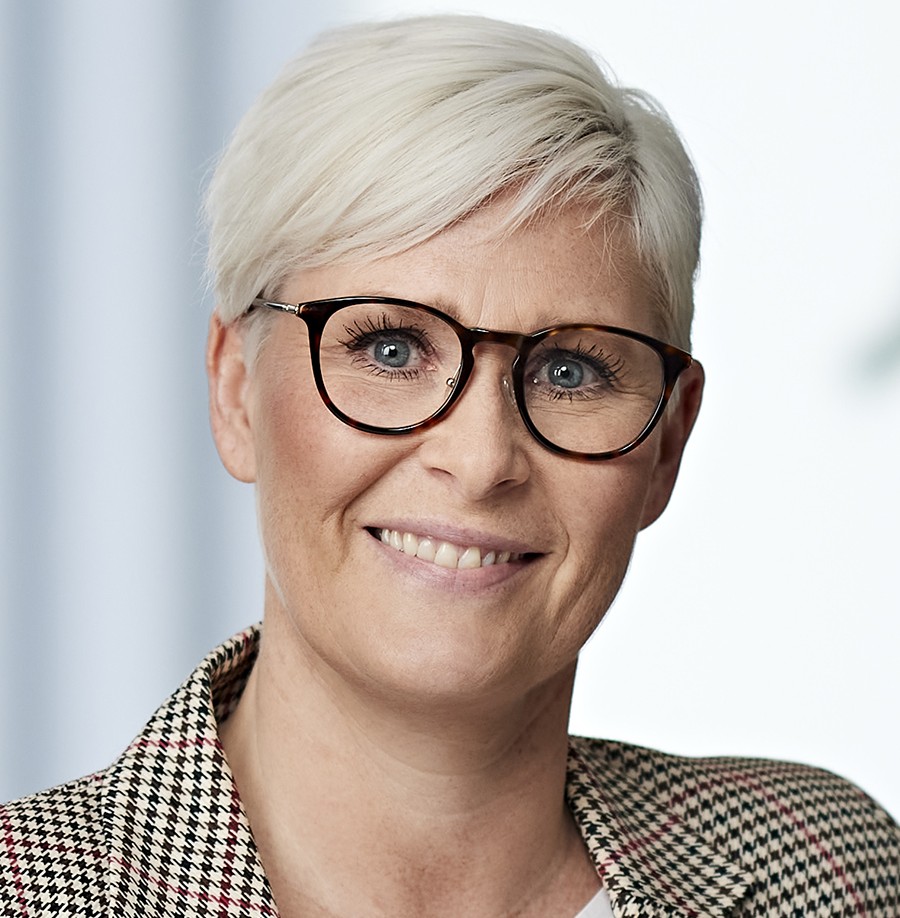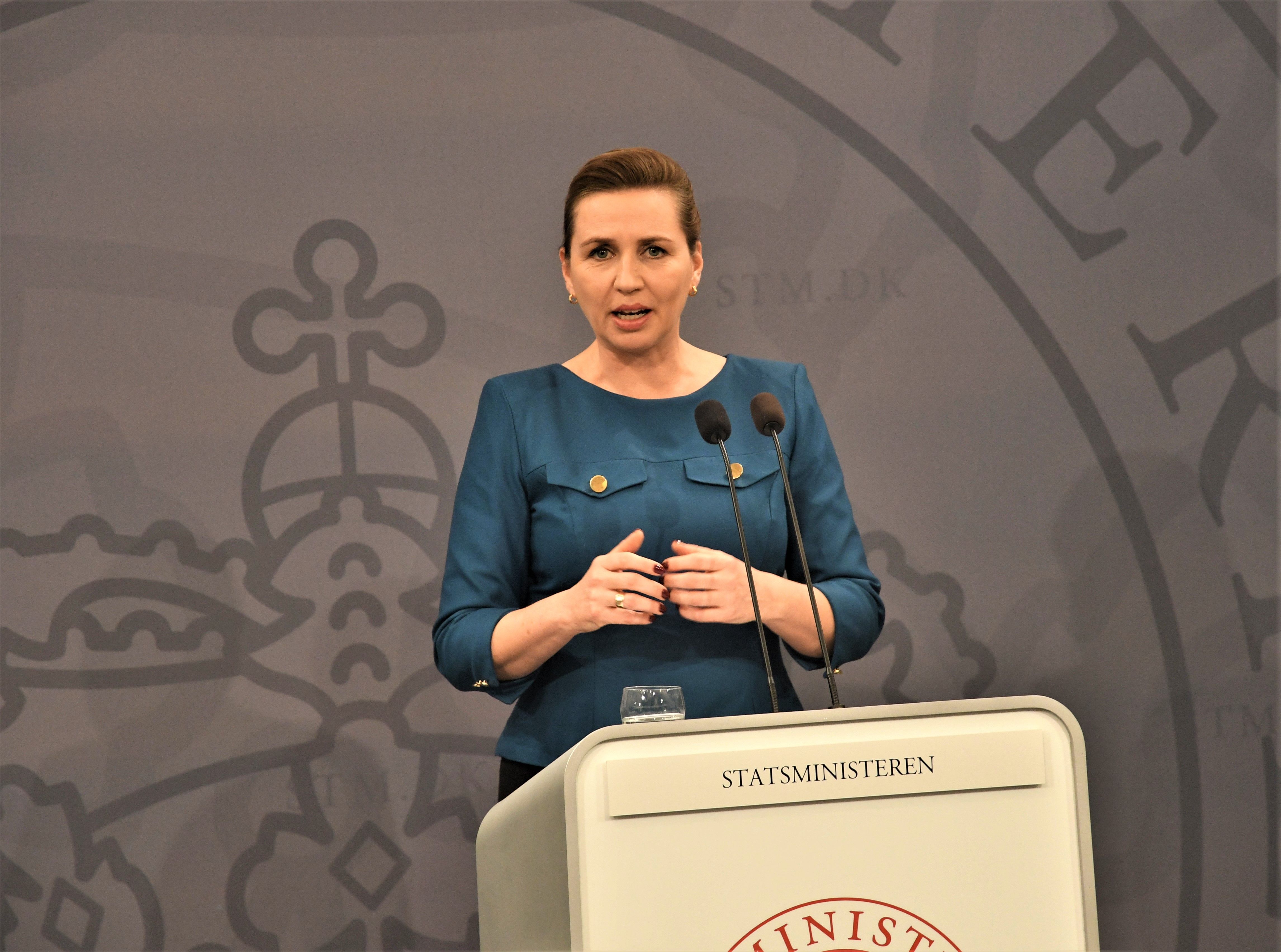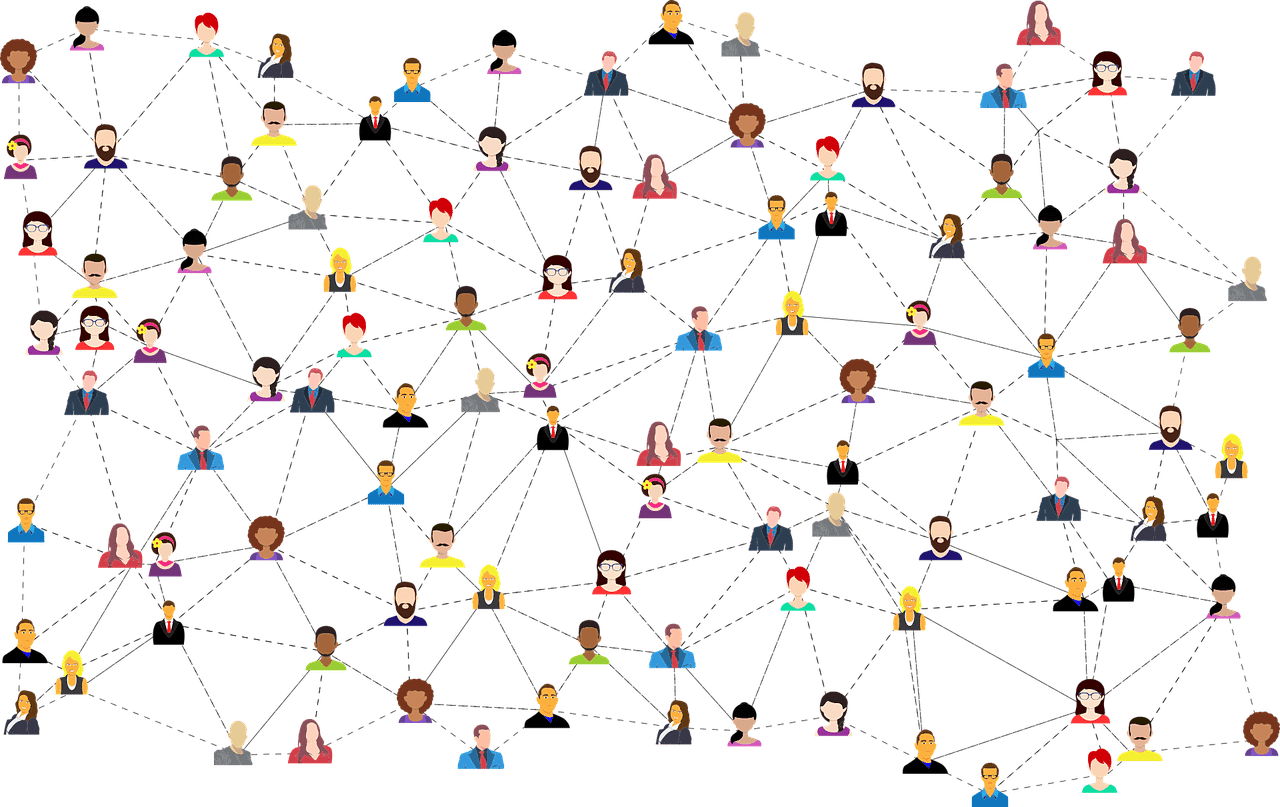Naturhistoriske Museum at the University of Copenhagen has played a significant role in a team researching the origins of 17th century slave populations that has led to a "breakthrough" discovery.
Using analysis of DNA from the tooth roots of three slaves from the 17th century, Danish researcher Hannes Schroeder and his team have been able to determine that they came from Bantu-speaking tribes in northern Cameroon. The findings have been published in the scientific journal, Proceedings of the National Academy of Sciences (PNAS).
New insight
Despite extensive knowledge of the slave trade, fundamental details about their ethnic and geographical origin are still unknown.
“There are solid historical records such as trade lists and logbooks from ships, but they reveal more about the places on the coasts from where slaves were shipped, than where they came from and their ethnicity,” said Schroeder.
“That is where DNA comes in – it can provide new insights that historical data lacks.”
Schroeder said that as far as he knew, this was the first time anyone has used data from parts of the genome to identify the exact origin of African slaves. He called it “something of a breakthrough”.
A long time on the beach
Schroeder and his colleagues analysed the genomes of three African slaves who were buried on the Caribbean island of Saint Martin.
“We mapped parts of the genome from very poorly preserved skeleton parts using a new DNA hybridisation technique called 'whole-genome capture’,” he said. “These skeletons had been lying on a beach in the Caribbean for centuries, so their state of preservation was, to say the least, bad.”
READ MORE: Were Scandinavians the original people of Europe?
Schroeder said the new technique allowed the poorly-preserved human DNA in the samples to be concentrated, creating enough data to reveal something about the genetic origins of the three slaves.
“I think that in the future we will be able to identify very specific and limited-source populations or ethnic groups,” said Schroeder.
In the period between 1500 and 1850, about 12 million slaves were taken from western and central West Africa to the New World.















